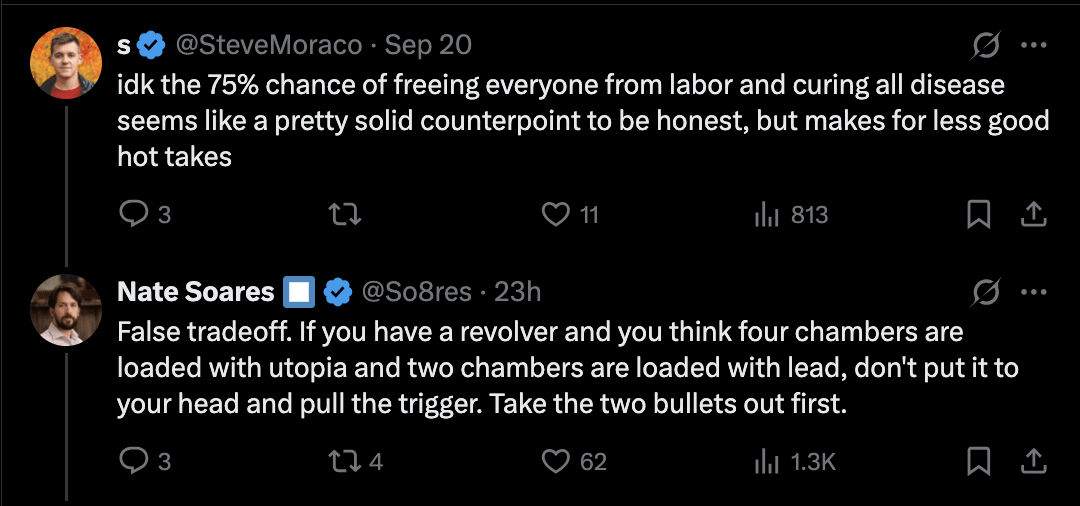This is great.
One constraint that Logan and I have both gotten a lot of benefit out of reinstating is one around artificial light; Logan is stricter than I but we’re both much more subject to natural darkness than the average American and afaict it’s doing a bunch of positive things. Better sleep, more connection with the “third state of consciousness” that is between waking and sleeping, we essentially never struggle to settle Cadence down for bed, etc.
In past eras of my life, I had “don’t drive less than two miles” as a soft rule and would instead walk any sub-two-mile distance, and I think this too was useful.
(This answer feels fragmented; sorry; am still on postsurgery medication and brain is at 40% capacity.)

I have not yet been limiting screens, except insofar as, like, hanging out with Cadence from 6pm to sleep usually means no screens. But it seems like I’m obviously going to end up there, and am sort of just relinquishing my reluctance/figuring out a new flow that still allows me to do the things I need to get done each day.
Currently, I get some Third State in the mornings, actually, when Cadence has woken up and is puttering around but hasn’t come and fully woken me up yet.